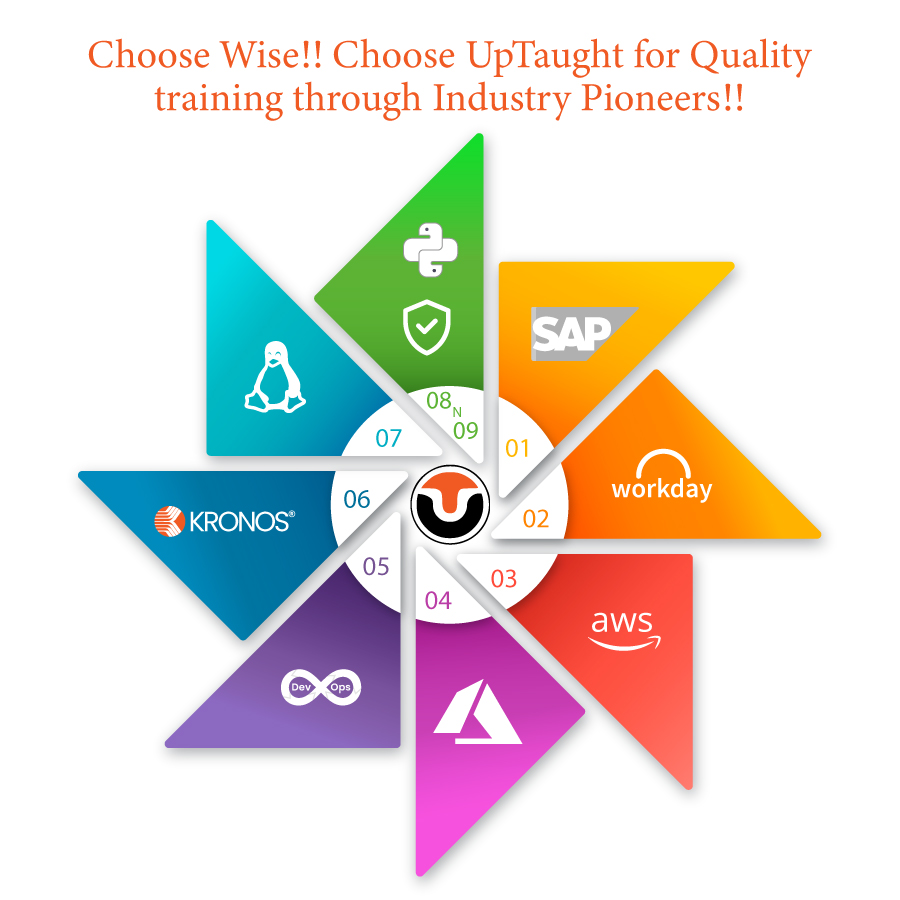Table of Contents
SAP Business Intelligence
Business intelligence (BI) is a software tool that helps organizations make sense of their raw data. To help corporate users make better business decisions, raw data is cleansed, stored, and applied with business logic. This information can be presented in the form of reports and shown in the form of tables, charts, and other visual representations, making it more efficient to analyze and make business decisions.
SAP Business Intelligence’s Good part
1. A whole line of business intelligence-related products is available
While this is unsurprising for a well-established corporation like SAP, it must be regarded as a plus. SAP has all of the technological components you’ll need to implement a data platform and reporting tools for your firm. Each product has a handful of deployment choices, so depending on your needs, you can deploy on a physical server or use the cloud. In both Analytics and Database solutions, cloud, on-premise, and hybrid deployment options are available for practically the whole product line.
2. A graphical user interface that runs smoothly
Because business users and self-service tools aren’t the vendor’s primary focus, business intelligence solutions sometimes resemble cave paintings. As a result, a clumsy interface aimed at experienced programmers or data analysts is created.
SAP Business Intelligence offers a number of useful tools with an easy-to-use interface. While learning how to use it (like with any BI tool) may take some time and effort, the SAP user interface is rather simple to grasp. Furthermore, because all of the instruments are accessible through a single web-based interface, onboarding for your business users is considerably easier.
Click here to know more
3. Microsoft Office compatibility and sharing features
It is insufficient to have data access. The actual value of business intelligence reports and insights comes from sharing what you’ve learned. There are two interesting aspects to it:
Almost all of the reporting and dashboarding tools in SAP Analytics solutions have sharing capabilities. This ensures that your staff or executives can easily communicate valuable information. When we talk about reporting, we’re talking about textual reports, visual storytelling, and shared access to dashboards that have been built.
4. Self-service tools are now available to a broader user base
Working with data necessitates a significant amount of data-specific knowledge as well as engineering abilities. While BI tools’ primary purpose is to automate the process of dragging data from a huge store and presenting it to a user, they occasionally require the assistance of a human agent. BI developers, ETL developers, or a separate IT staff are frequently assigned to this task.
SAP BI provides a range of self-service tools (BusinessObjects, Lumira) to let non-technical people deal with data. It doesn’t mean your BI users won’t require assistance, but it does mean that maintenance expenses and time spent on reporting-related chores will be reduced.
5. SAP HANA performance and real-time database
We should mention the HANA database when discussing all aspects of SAP BI solutions. The database allows for real-time data access, which ensures that massive amounts of data are processed quickly and that response times are short. The HANA database can be used with a variety of database management systems. This makes data integration across the enterprise a lot easier.
6. Flexibility
The majority of SAP’s BI tools are cloud-based, making them simple to connect and use. SAP, on the other hand, provides deployment alternatives for practically all of its products. It gives you some flexibility in terms of deployment, hardware maintenance, and system management, depending on your preferences.
Want to know more about Business Intelligence? Click here
SAP Business Intelligence’s Drawbacks
1. Licensing and total pricing are prohibitively expensive
While the price varies depending on the specific use case, SAP BI software licenses are considered to be expensive.
2. Customer service and platform administration are both lacking
SAP is working to strengthen its customer service workforce. One of these enhancements was the addition of a dedicated customer success team to assist Lumira and BusinessObjects users. In the case of platform administration, however, this is not the case.
3. Platform diversification
SAP is well-known for acquiring a large number of businesses. In fact, practically all BI solutions are the consequence of smaller market player acquisitions. The integration of the new items, as is often the case, may appear to be less than seamless.
4. Reporting on quality and performance
While some users argue that SAP BusinessObjects is fast, there is an opposing viewpoint that we must address. According to a case study on SAP’s BI and warehousing solutions published on brightworkresearch.com, the results appear to push “performative status” away. There is a problem with report delays or even disappearance, to be more exact. The same complaints can be seen in customer reviews on trustradius.com and financeonline.com, which allege that reports are delayed to arrive or never arrive after a question is submitted.
Conclusion:
Business intelligence software converts raw data into reports that are utilized in decision-making and forecasting.
Hope you will like this. If you want to engage with this type of interesting article then visit our website.
Happy Learning!





